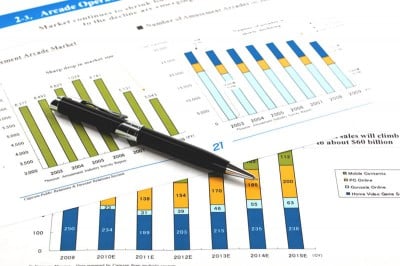
By Wayne Cole
SYDNEY (Reuters) - New Zealand's jobless rate rose to the highest in more than two years in the September quarter as employment slipped and wages grew by less than forecast, a soft report that cemented expectations of an end to interest rate hikes.
The local dollar fell 0.4% to $0.5805 as the market bet that rates had already peaked at 5.5% and the next move from the Reserve Bank of New Zealand (RBNZ) would be downward, albeit not until late 2024.
Data released by Statistics New Zealand on Wednesday showed unemployment climbed to 3.9% in the third quarter, up from 3.6% the previous quarter and the highest since mid-2021.
Employment fell 0.2% in the quarter, missing analyst forecasts of a 0.4% rise and the first drop since the depths of the pandemic in mid-2020.
"Monetary policy is working," said Mary Jo Vergara, a senior economist at Kiwibank.
"The RBNZ should take comfort in today's employment data coming in softer than their expectations and, as such, is further evidence that no more rate hikes are needed."
Rates are already at 15-year highs, helping slow inflation to a two-year low of 5.6% in the September quarter.
The central bank noted several headwinds for the economy in a financial stability report released on Wednesday, including financial stress among some borrowers and lower prices for key commodity exports.
Markets now imply only a 10% chance of another hike at the RBNZ's next policy meeting in late November, while some easing might come from around August next year.
Debt markets also rallied with two-year swap rates falling to 5.52%, a long way from their October peak of 5.835%.
Wednesday's data showed cost pressures were cooling as ordinary time wages rose 0.8% in the third quarter, under forecasts of 1.0% and pulling annual growth down to 4.1%.
Annual growth in overall labour costs held at 4.3% - but only because of high awards in the public sector. Growth in the private sector slowed to 4.1%.
"With the labour market cooling in earnest now, we expect wage growth to continue easing in the quarters ahead," said Abhijit Surya, an economist at Capital Economics, who sees the jobless rate hitting 4.5% by year-end.
"All told, the data support our view that the RBNZ’s tightening cycle is at an end."
New Zealand jobless rate climbs in Q3, market sees end to rate hikes